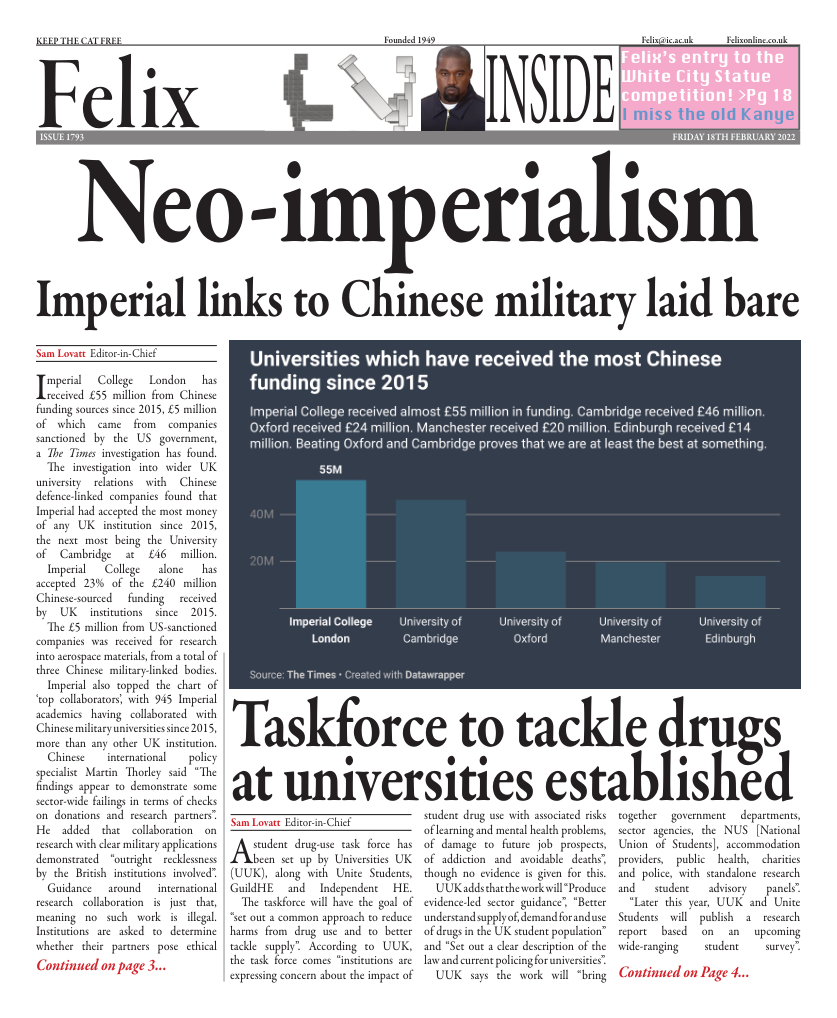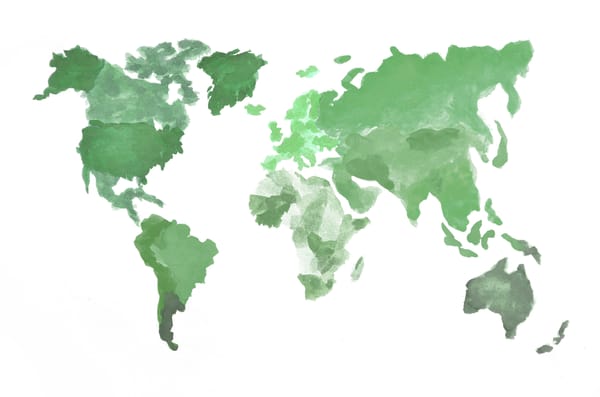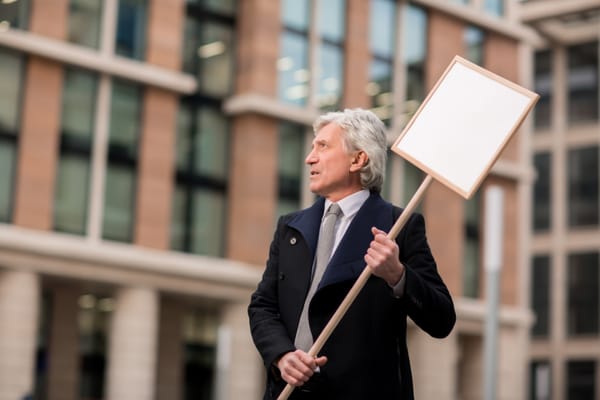Taskforce to tackle drugs at universities established
A drugs taskforce will have the goal to “set out a common approach to reduce harms from drug use and to better tackle supply”.
A student drug-use taskforce has been set up by Universities UK (UUK), along with Unite Students, GuildHE and Independent HE.
The taskforce will have the goal of “set out a common approach to reduce harms from drug use and to better tackle supply”. According to UUK, the task force comes “institutions are expressing concern about the impact of student drug use with associated risks of learning and mental health problems, of damage to future job prospects, of addiction and avoidable deaths”, though no evidence is given for this.
UUK adds that the work will “Produce evidence-led sector guidance”, “Better understand supply of, demand for and use of drugs in the UK student population” and “Set out a clear description of the law and current policing for universities”.
UUK says the work will “bring together government departments, sector agencies, the NUS [National Union of Students], accommodation providers, public health, charities and police, with standalone research and student advisory panels”.
“Later this year, UUK and Unite Students will publish a research report based on an upcoming wide-ranging student survey”.
Incidents of drug misuse at Imperial College have previously been dealt with as an internal matter, in some instances.
The taskforce will be chaired by Middlesex University London Vice Chancellor Nic Beech, and will receive special advise from experts including Professor Dame Carol Black.
Professor Black recently published a Review of Drugs, between February 2020 and July 2021 which outlined the realities of drug use in the UK. As many as 3 million people took drugs in the UK in 2019, with 300,000 taking opiates and crack cocaine. 27,000 children identify as gang members in the UK and saturated city markets have led to increasing activity from county lines gangs. The cost of drugs to society is estimated to be around £19 billion per year. This is similar to the costs associated with alcohol.
The report estimates that 86% of the cost of drugs to society comes from extremely problematic heroin and crack cocaine use. Only around 10% of UK drug users ever use these drugs.
That being said, recreational drug use by young people appears to be rising. A five fold increase in deaths related to cocaine use has been observed since 2012, now making up 1 in 7 drug-related deaths in the UK. This rise in cocaine use is “driven by white males aged under 30”.
Drug deaths in the UK reached 4,561 in 2020, with men more than two times as likely to die form drug toxicity than women. 2,996 of these deaths were related to drug misuse.
The UK cannabis market is reported to include 2.5 million users, 10% of which use the drug daily. The report highlights the negative effects of cannabis, including “psychological and respiratory disorders, particularly given recent increases in potency”. It also highlights involvement of human trafficking within international cannabis markets, where Vietnamese nationals are brought over and forced to work on UK cannabis farms.
The report heard anecdotal evidence of county lines gangs setting up at universities.
According to the Office for National Statistics (ONS), drug use among university students fell from 30% of students using in 2002 to 16% in 2013, with a rise back to 21% between 2013 and 2020. Drug use today remains reportedly 9 percentage points below 2002, however the ONS recognises that student drug use data is fairly unreliable due to respondents’ propensity to respond dishonestly to questions on the topic.
In Autumn 2020, three university students and a man died in a drug-related incident near Newcastle University, reported the BBC. Police said ketamine and MDMA may have played a factor in the deaths, but at the time said it was too early to comment on whether a “bad batch” of drugs had been involved. Felix could not find any updates to this story.
A UCL student died of an overdose after a longstanding battle with addiction in 2019. A Brunel university student died of a drug overdose in November 2020.
All the above incidents have occurred in private residences, rather than in a club where drugs are frequently taken. Professor Fiona Measham told the BBC she believed that lockdown restrictions leading to nightclubs being closed had removed a “safety net” for when young people take illicit drugs. “Nightclubs often have paramedics, they have harm-reduction services and they have security staff that help keep people safe”.
In 2017 The Tab reported on the number of drug users at each university in the UK. Variation was large with large majorities of students having taken certain drugs at certain universities. 82% of University of the West of England students had taken laughing gas, compared with just 16% of University of Belfast students.
The Tab article did not mention use of more serious and costly drugs, such as heroin and crack cocaine.
Imperial College is not mentioned on any of the lists published by The Tab.









